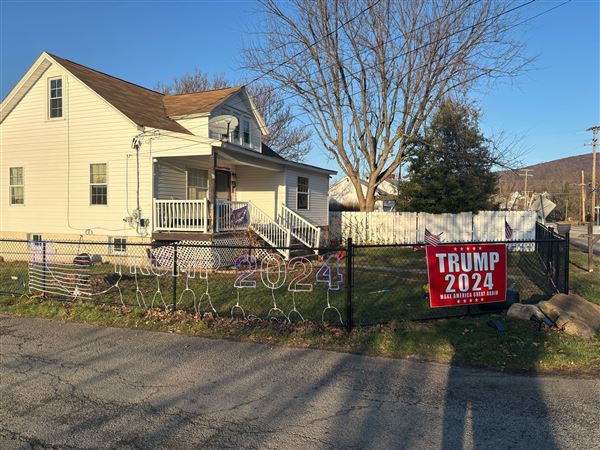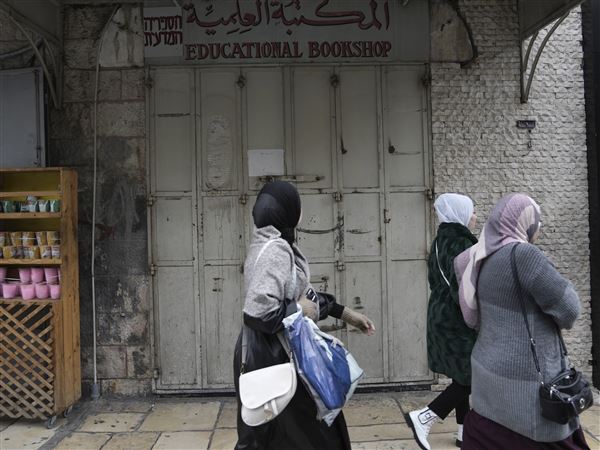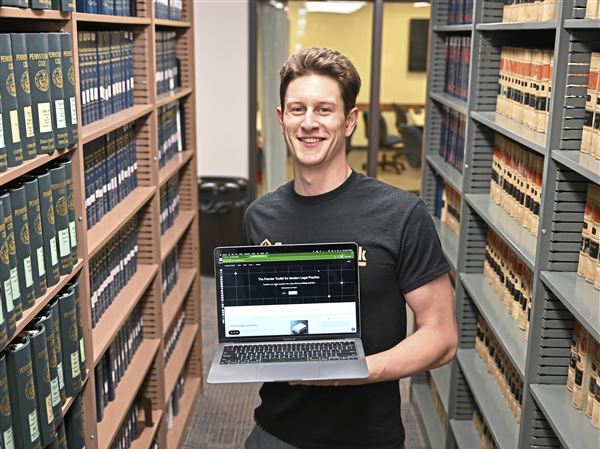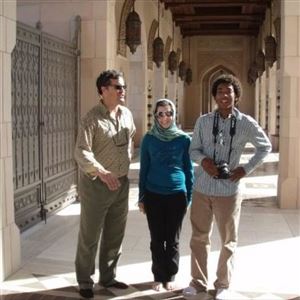When criminal investigators scrutinize Pittsburgh police officers who critically hurt or kill someone as part of their jobs, rigorous protocols control the process — who investigates, what rights the officers have, who can be present during interviews.
But those protocols have been challenged by the city’s police union, which has waged a behind-the-scenes legal battle to overturn them and revert to earlier rules that afforded officers significant protections not enjoyed by the average citizen.
A proposed legal ruling May 8 by a hearing examiner with the Pennsylvania Labor Relations Board came down in favor of the union, the Fraternal Order of Police Fort Pitt Lodge No.1.
The decision said that Pittsburgh had violated state law by unilaterally ditching a negotiated policy to govern the investigation of so-called critical incidents — often among the most consequential events of an officer’s career — and replacing it with directives not agreed to by the union.
The city has 20 days to appeal, which it is likely to do, and either side can challenge the result in court.
If the union perseveres, city officers involved in critical incidents would once again enjoy a 48-hour grace period before having to meet with criminal investigators. The investigations would once again be conducted by other city officers in the Violent Crime Unit instead of by the Allegheny County Police Department, which has handled them for the past several years under a memorandum of understanding with Pittsburgh. Union representatives would again be allowed to sit in on interviews with the officers by detectives. And police would have to resume issuing certain legal warnings to officers before getting their statements.
The union was thrilled that its unfair labor practice complaint was upheld.
“It is unfortunate that city leaders, who tout themselves as pro-labor, continuously violate labor rights and collective bargaining rights of their police officer employees who perform a dangerous job every day on behalf of city citizens and its visitors,” Robert Swartzwelder, the union’s president and a city officer, said.
But others see problems on the horizon if the order takes effect.
“This decision creates a number of problems, and its implementation will result in bad public policy,” said Mike Manko, spokesman for Allegheny County District Attorney Stephen A. Zappala Jr., without elaborating. “Our office is having and will continue to have discussions on how to address this decision moving forward.”
The proposed order by John Pozniak, the hearing examiner, would restore a policy governing critical incidents that was first adopted in March 2016 but tossed aside by the city in 2018.
“They just changed it. The city signs [a memorandum] with the county. We said, ‘No, no, that’s violating the policy.’ The city just took a unilateral action,” Officer Swartzwelder said.
The union filed an unfair labor practice complaint in February 2018 alleging violations of the Pennsylvania Labor Relations Act.
Since the new police protocols took effect, Officer Swartzwelder estimated, there have been roughly 20 officers who were taken for interviews in critical incidents without waiting periods or union representation.
Mr. Pozniak’s order also calls on the city to rescind a memorandum of understanding with the county “to the extent it is inconsistent” with the 2016 policy.
County police Superintendent Coleman McDonough said Thursday that he had spoken with Mr. Zappala and city police brass in recent days and plans to have his agency continue to investigate critical incidents when called upon. He said it was premature to talk about the proposed ruling since it isn’t final.
The original policy was negotiated with the police union under a former chief, Cameron McLay. It set out clear rules to be followed by investigators, including the 48-hour waiting period.
“In most circumstances,” the policy read, “VCU [Violent Crime Unit] personnel will not interview the involved officer(s) during the first 48 hours following an officer-involved critical incident causing critical bodily injury or death. Exceptions may occur where a compelling need exists for a timelier interview.”
Officers were to be notified of certain legal rights before giving statements, including being given a Miranda warning. And representatives of the DA’s office, the police union and legal counsel were allowed to be present during interviews.
Officer Swartzwelder defended the 48-hour rule. He said studies have shown that officers’ memories in the aftermath of critical incidents improve over time and by giving them space early on after a stressful life-and-death encounter, investigators can avoid receiving inconsistent statements.
“A lot of times a supervisor will come up and say, ‘What happened?’ And the officer is a mess and the officer will just rattle off a statement,” Officer Swartzwelder said.
“Here’s what we know in a police-involved shooting: Unlike some shooting that’s an out-and-out crime in the street, what we absolutely know in an officer-involved shooting is we know who did it; we know when they did it; we know where they did it; we know how they did it. The only thing we don’t know is the why. We know all the major components if there needs to be a criminal prosecution,” Officer Swartzwelder said.
“We give the officer the 48 hours because we know in critical incidents, the officer’s memory improves, and it improves with details...and the officer can provide a cleaner better statement the first time around instead of numerous statements that can be inconsistent.”
He also said that while the average citizen could refuse to come along with police as long as they aren’t under arrest or custodial detention, Pittsburgh police officers are compelled to go to a county police facility “for interview and evidence collection," according to the city's policy. The union representative of the involved officers "may observe the interview but not be present in the interview room."
The union knew that a change was afoot in October 2017, when Officer Swartzwelder met with city and county officials and received a draft memorandum between Pittsburgh and Allegheny County for county police to take over critical incident investigations from the city’s Violent Crime Unit.
Officer Swartzwelder testified before the labor board that the essence of the document “was that police officers involved in critical incidents would now be taken immediately to county headquarters for a compelled interview with county police and without union representatives, in contravention of their bargained-for agreement with the city,” the decision said.
The union didn’t agree with the draft memorandum, according to the decision, and emailed its objections — which went unanswered — to the city’s lawyer in November 2017.
It wasn’t until Jan. 11, 2018, that the union learned things had changed.
Two Pittsburgh police officers had shot and wounded a man armed with two guns in Homewood.
According to the hearing examiner’s ruling, Officer Swartzwelder arrived at the scene only to learn that the officers were being taken to county police headquarters to be interviewed by county police. He was barred from the rooms where the officers were being interviewed, and the officers had no legal representation.
Asked about a 48-hour waiting period and lack of union representation, Superintendent McDonough said officers directly involved in critical incidents can always invoke their constitutional rights covered by the Fifth Amendment — the right against self-incrimination — and the Sixth Amendment, such as the right to legal representation and a speedy trial.
“So if an involved officer does not wish to provide a statement, they won’t be compelled to do so,” Superintendent McDonough said. “Involved officers can always have counsel with them during an interview.”
Jonathan D. Silver: jsilver@post-gazette.com, 412-263-1962 or on Twitter @jsilverpg.”
First Published: May 14, 2020, 10:26 p.m.

















